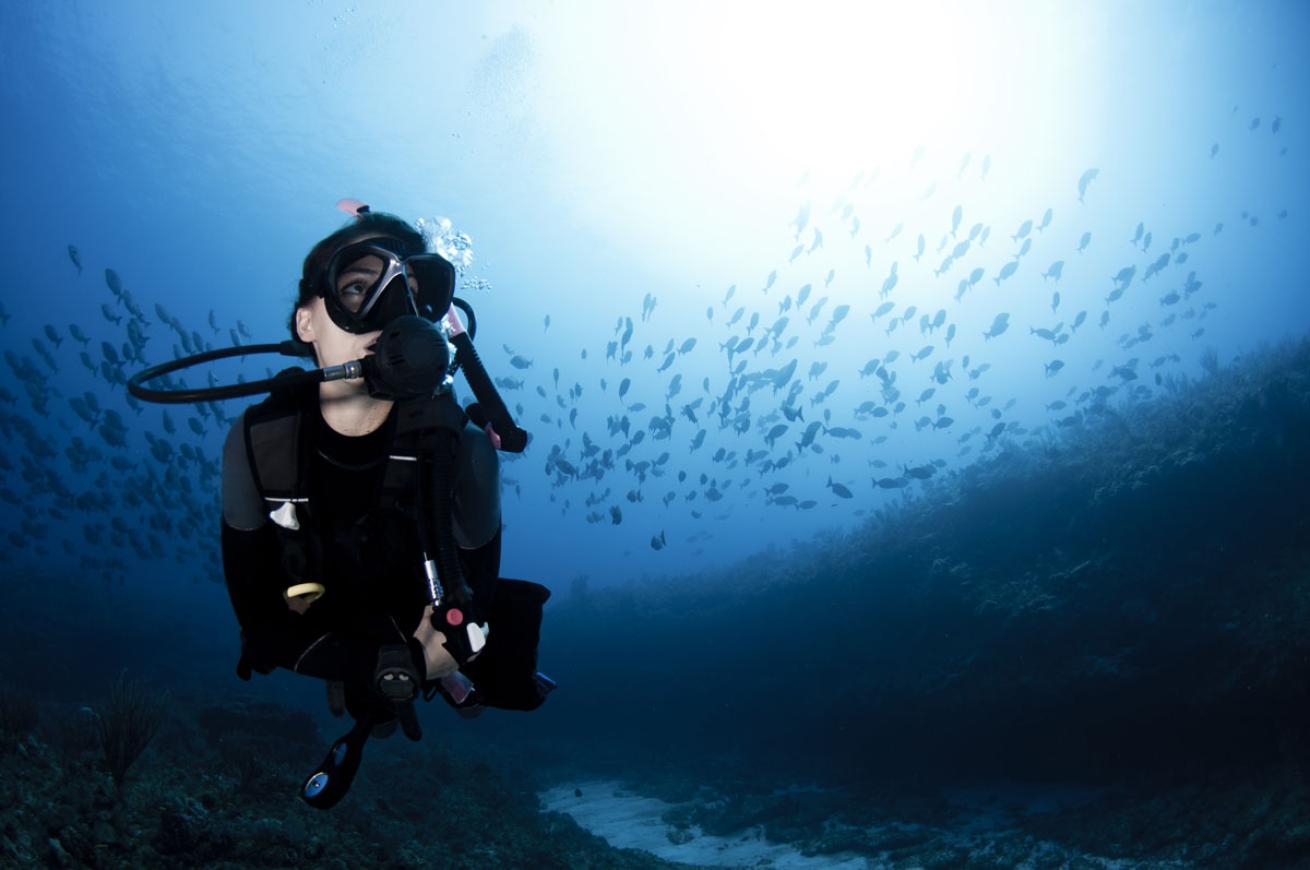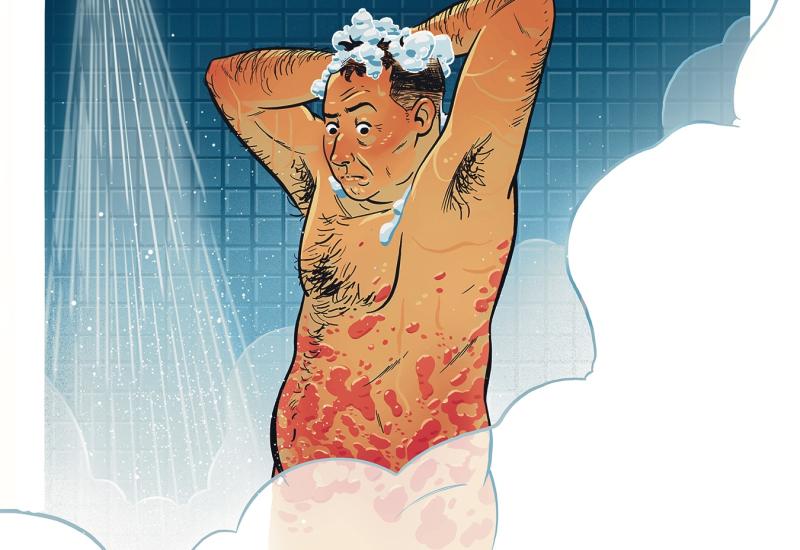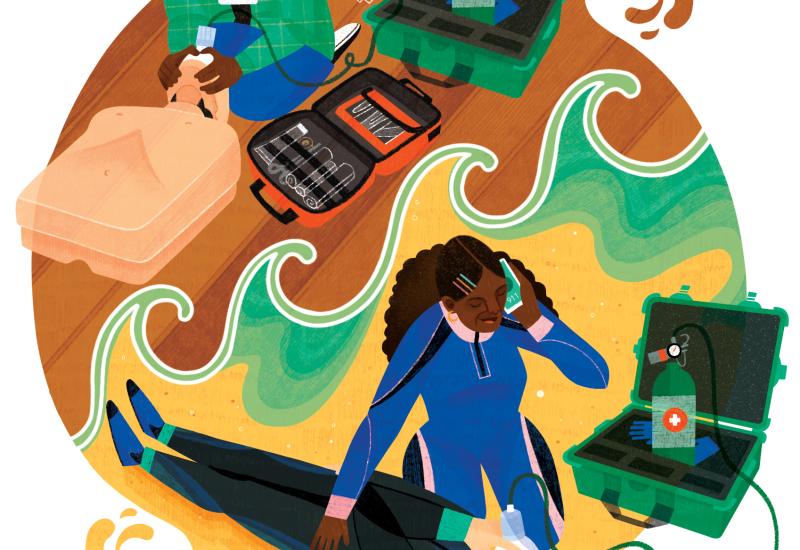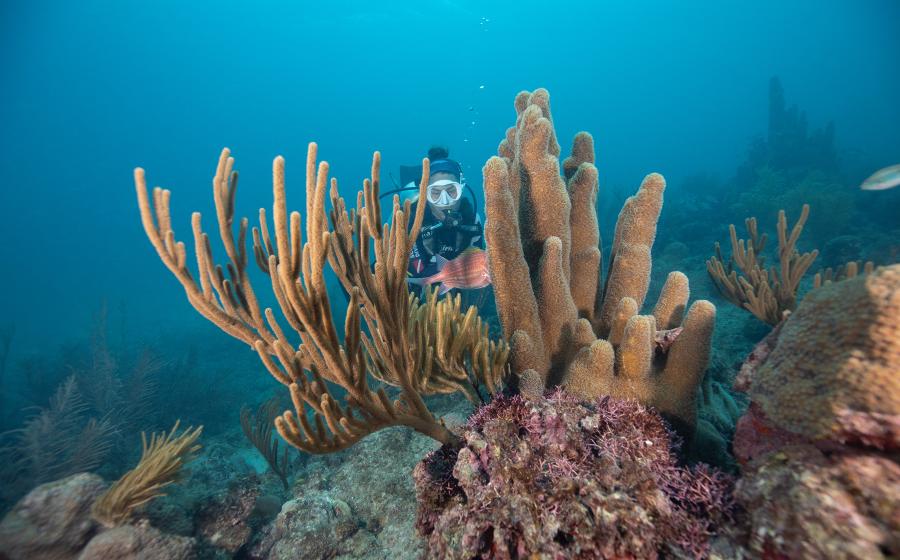What It's Like To Take An Unexplained Hit

ShutterstockOften, decompression sickness can be a random event, and the cause remains unknown.
It can happen to anybody. You carry two computers. They both say you’re OK. You didn’t have a rapid ascent, you didn’t go into deco, you’re hydrated, you’re rested, you’ve been deeper for longer before. But you don’t feel right after the dive. What gives?
In my case, I was diving on a three-day liveaboard trip in Southern California when I came up from a dive and immediately had moderate to severe pain in my upper abdomen, just below my diaphragm. I figured it was gas, upset stomach, anything but decompression illness. But the pain was followed shortly by my legs going numb and becoming paralyzed. I can’t be bent, I thought. I must have sat on my legs and put them to sleep.
I decided to tell the captain, who started me on oxygen right away and called the Los Angeles County paramedics stationed at Cat Harbor. Oxygen made me feel much better — so much better that I didn’t think I was hit.
The paramedics insisted I go to the chamber to be assessed. I did, and the consensus was that I had a Type 2 spinal-cord hit. After five hours in the Catalina Hyperbaric Chamber, I’m fine. No lingering symptoms.
From onset to administration of 0₂ was less than 10 minutes. From onset to the chamber ride was less than two hours. I’m convinced that quick response was the key to my resolving on the 0₂ initially and having no issues after the chamber ride.
Bottom line: Don’t deny. In my case, I told the captain I needed 0₂, but if your captain tells you — listen to him. That first few minutes could be the difference between a good outcome and a poor one. I’ve always been told the first sign of DCI is denial. I didn’t deny, and I turned out fine.










